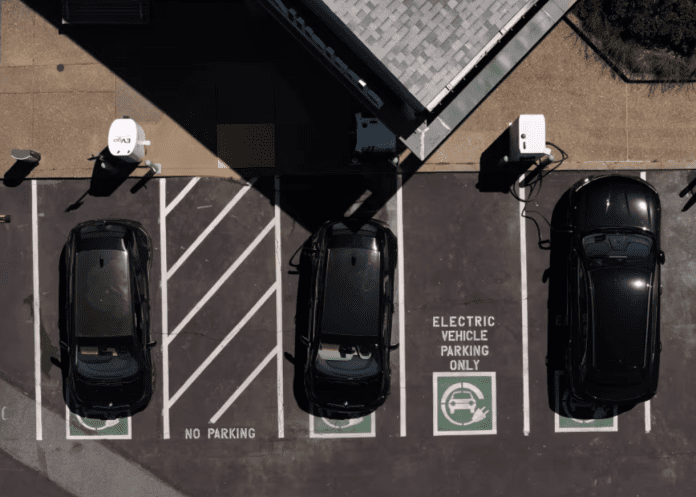The future of electric vehicles in the US is clouded, but automakers aren’t calling it a day.
After the euphoria, a pullback
A couple of years ago, a sense of revolution permeated Detroit and California. Factories were being rebuilt for new production lines, and managers talked about a “clean, gasoline-free future.” Now they’re speaking more cautiously about this. After the winding down of federal incentives and the repeal of the $7,500 tax credit, demand for electric vehicles has fizzled.
The federal program ended just a week ago, and the market reacted like a textbook example: first a surge in sales, then silence. Tesla, Ford, and General Motors posted record sales in the third quarter, but everyone understands that this was a deadline effect, not sustainable growth.
Demand decline is a matter of time
Now manufacturers are expecting a downturn. Ford CEO Jim Farley has already stated that the share of electric vehicles in the US could fall to five percent. A year ago, it was seven percent. General Motors has a similar forecast: fewer buyers, and market enthusiasm is waning.

Investments are still on the table
Despite the cooling interest, companies continue to invest. In August, Ford announced a $5 billion investment in electric vehicle production. At a press briefing, it was called “the next Model T moment”—a symbolic attempt to remind the industry that it can recover from crises.
Hyundai isn’t giving up either: it’s building factories in the US and is banking on flexibility—it can produce both electric and gasoline models, depending on demand.
Politics and the Rules of the Game
Regulations have been rewritten again. The Biden administration’s goal of increasing electric vehicle market share to half by 2030 has effectively been abandoned. States, including California, have lost the right to impose their own strict emissions standards. Everything has gone to court, where decisions can drag on for years.
For automakers, this means one thing: fewer strategies and more uncertainty.
Return to Hybrids
An all-electric future is being pushed back. Hybrids are the order of the day. It’s a compromise between the environment and market realities. Companies are cautiously returning to dual-motor models. “Electricity remains a priority, but no one is outpacing demand anymore,” is how one Detroit analyst describes the situation.
New Calculations
There’s also a pragmatic argument: production economics. Electric cars are easier to assemble and less expensive. If batteries continue to fall in price, profitability will increase. Ford has already promised to introduce a $30,000 electric pickup truck by 2027. That’s almost half the price of the current F-150 Lightning.
Slow Transition, but No U-Turn
The market is cooling, the rules are changing, but the direction remains the same. Ford is confident that sooner or later, demand will rebalance.
“The Model T once made cars affordable.” “We’re looking for our next turning point,” said the company’s chief technology officer, Doug Field, at the latest event.
And while the path to an electric future has proven longer than expected, no one is planning to cancel it.
According to ACEA data, the company’s electric vehicle sales in August fell by 22.5% compared to the same month last year, to 14,831 vehicles. This marks the eighth consecutive month of decline.
Meanwhile, the European electric vehicle market (including the UK and EFTA countries) grew by almost 27%, and total vehicle registrations in the region increased by 4.7%.

